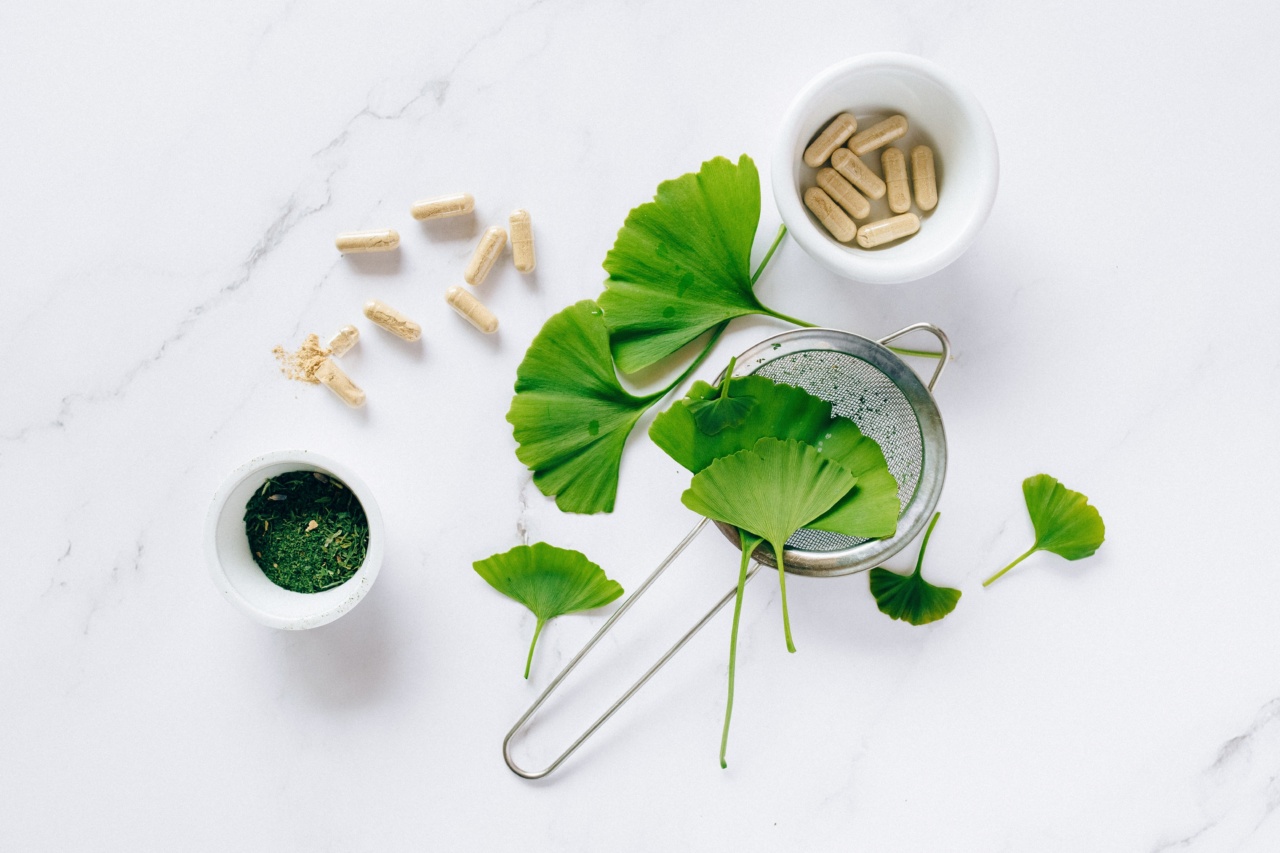Depression and anxiety have become prevalent mental health conditions in today’s fast-paced society. The demands of work, personal life, and societal pressures can take a toll on our mental well-being.
While seeking professional help is essential in managing these conditions, incorporating natural remedies can provide additional support.
Vitamins for Depression
Several vitamins have been proven to play a key role in improving mood and reducing symptoms of depression. Here are some vitamins that you should consider incorporating into your diet:.
Vitamin D
Vitamin D, often referred to as the “sunshine vitamin,” plays a crucial role in regulating mood. Research has linked vitamin D deficiency to an increased risk of depression.
Increase your sun exposure or consider taking a vitamin D supplement to maintain optimal levels.
Vitamin B6
Vitamin B6 is involved in the production of neurotransmitters such as serotonin, dopamine, and gamma-aminobutyric acid (GABA). These neurotransmitters play a significant role in regulating mood and emotions.
Incorporating foods rich in vitamin B6, such as fish, poultry, bananas, and chickpeas, can help support mental well-being.
Vitamin B12
Vitamin B12 deficiency has been linked to depressive symptoms. This vitamin is essential for the production of red blood cells and the proper functioning of the nervous system.
Incorporate sources of vitamin B12, such as eggs, dairy products, fish, and fortified cereals, into your diet to support mental health.
Vitamins for Anxiety
When it comes to managing anxiety, certain vitamins can provide much-needed relief. Consider including the following vitamins in your diet:.
Vitamin C
Vitamin C is often associated with its immune-boosting properties, but it also plays a role in regulating stress hormones in the body. High levels of stress hormones can contribute to anxiety.
Including vitamin C-rich foods like citrus fruits, berries, and leafy greens can help combat anxiety symptoms.
Vitamin E
Vitamin E is an antioxidant that helps protect cells from oxidative stress. Research suggests that oxidative stress may contribute to anxiety disorders.
Including sources of vitamin E in your diet, such as nuts, seeds, and spinach, can support mental well-being.
Vitamin B3
Vitamin B3, also known as niacin, is a crucial nutrient for the production of serotonin. Serotonin is a neurotransmitter associated with mood regulation. Low levels of serotonin have been linked to anxiety.
Incorporating foods rich in vitamin B3, such as meat, fish, peanuts, and legumes, can have a positive impact on anxiety symptoms.
Vitamin Supplements for Depression and Anxiety
In addition to incorporating vitamins through a healthy diet, supplements can also be beneficial.
However, it’s essential to consult with a healthcare professional before starting any new supplements, especially if you’re already taking medication or have pre-existing medical conditions.
Vitamin B Complex
A vitamin B complex supplement can provide a combination of B vitamins that are essential for mental well-being. This includes vitamins B1, B2, B3, B5, B6, B7, B9, and B12.
B vitamins are known to support energy production, regulate mood, and reduce symptoms of depression and anxiety.
Omega-3 Fatty Acids
While not vitamins, omega-3 fatty acids are essential for brain health and have been shown to have positive effects on mood and mental well-being.
Incorporate omega-3 rich foods like fatty fish, flaxseeds, and walnuts into your diet, or consider a fish oil supplement.
Conclusion
While vitamins alone cannot cure depression and anxiety, they can play a valuable role in supporting mental health and well-being.
Incorporating the right vitamins into your diet, either through food sources or supplements, can help improve mood, reduce symptoms, and promote overall mental wellness. However, it is crucial to consult with a healthcare professional before making any significant changes to your diet or starting new supplements.































